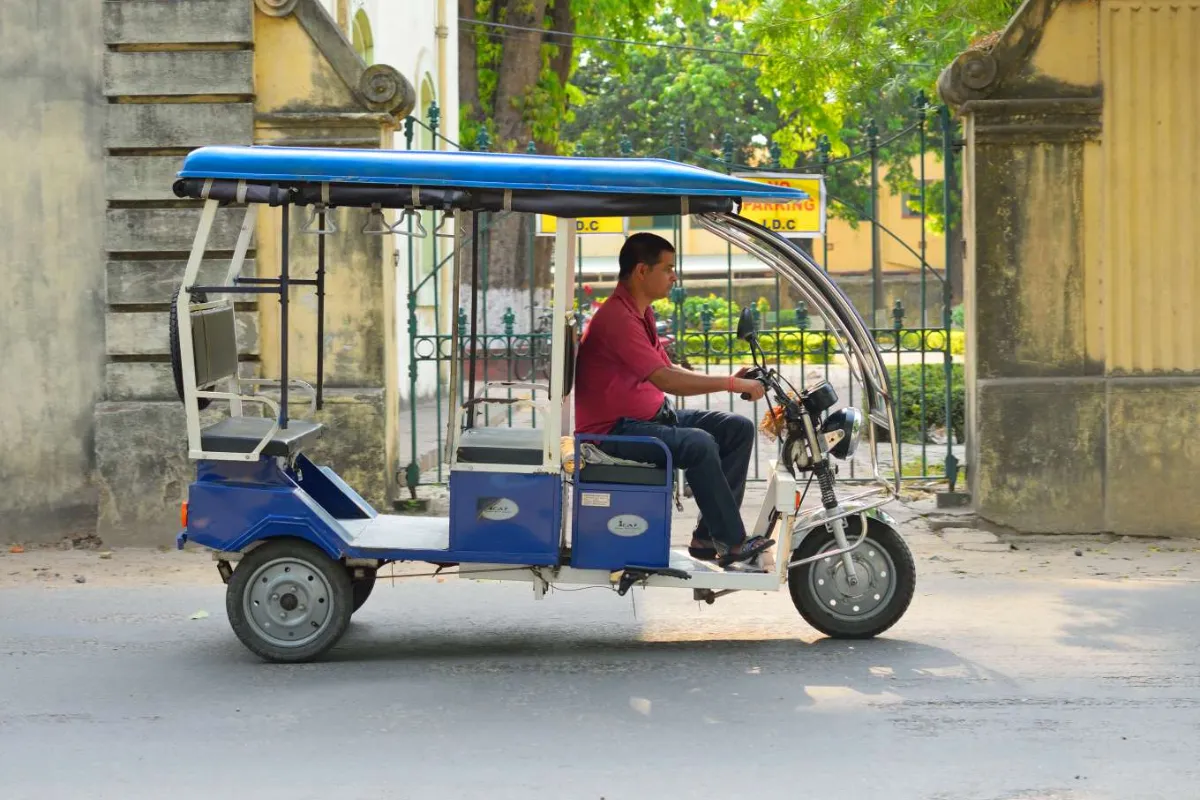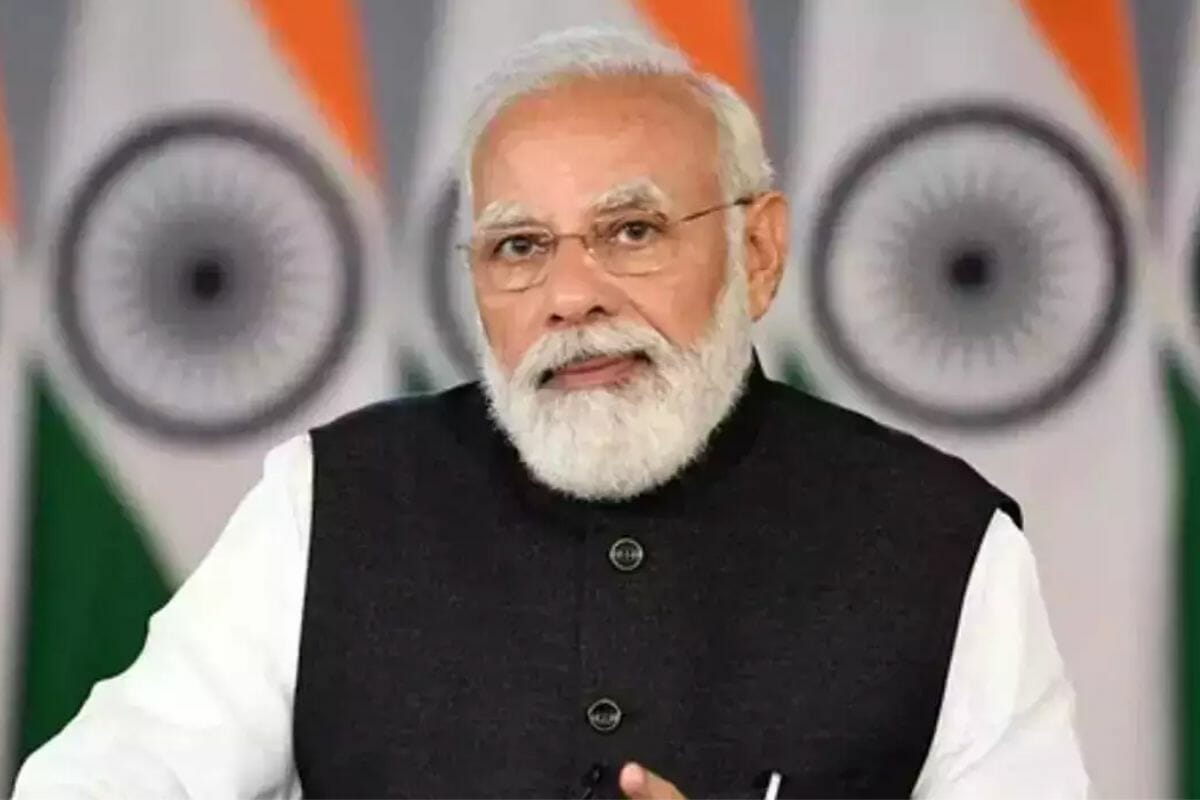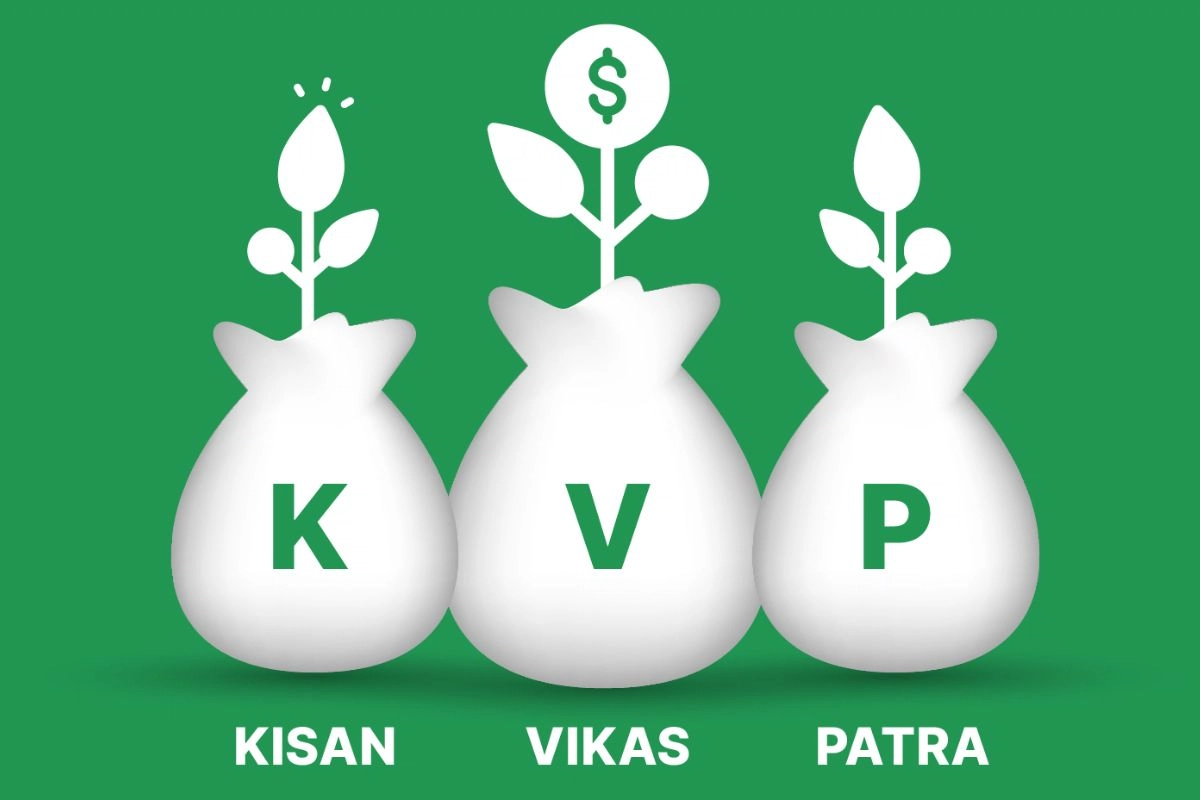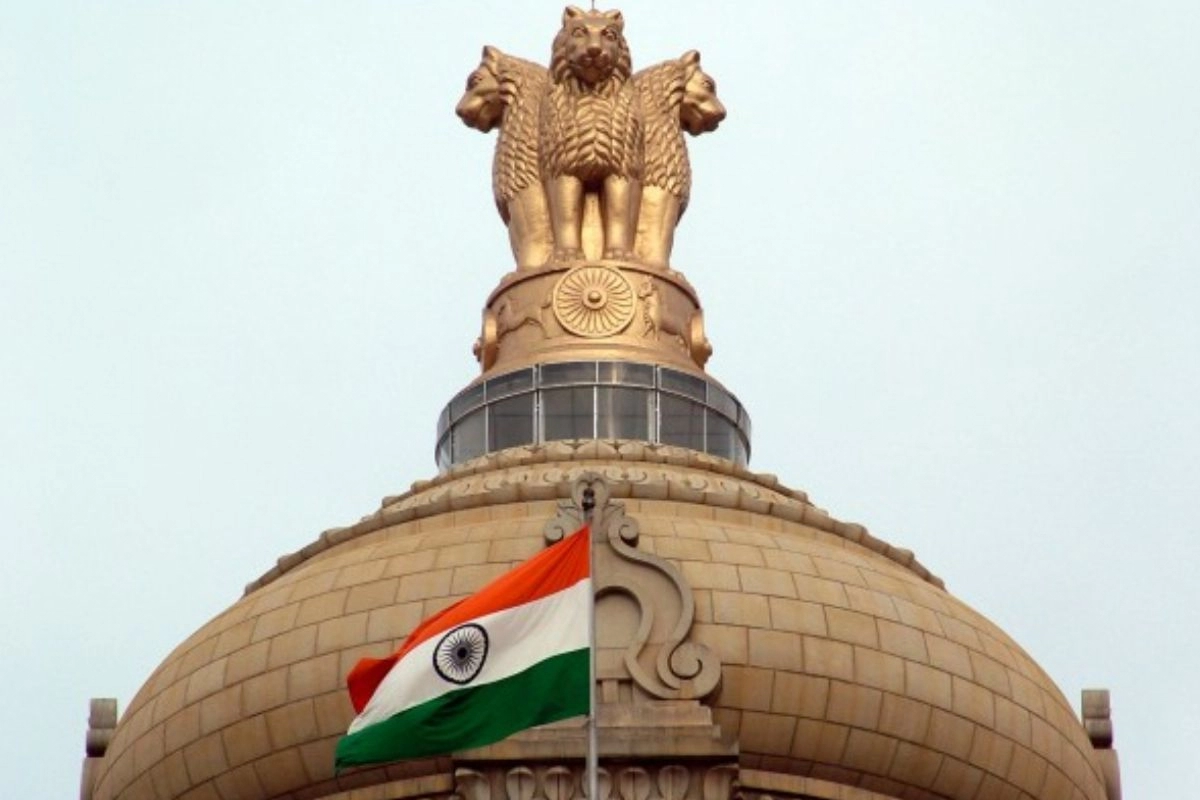In a significant move towards promoting electric mobility, the Indian government unveiled the Electric Mobility Promotion Scheme (EMPS) 2024 on March 13, signaling a commitment to boost the sales of electric two- and three-wheelers. With a substantial allocation of ₹500 crore, this four-month initiative, effective from April 1 to July 2024, aims to accelerate the adoption of eco-friendly vehicles across the nation.
Financial Boost for Electric Two-Wheelers
Under EMPS 2024, the government plans to provide financial support for approximately 3.3 lakh electric two-wheelers. Each buyer can expect ₹10,000 in assistance, making electric two-wheelers more accessible and affordable for a larger segment of the population.
Incentives for Small Three-Wheelers
The scheme extends its support to more than 31,000 small three-wheelers, including e-rickshaws and e-carts. For these vehicles, the government offers a significant financial boost of ₹25,000, encouraging the transition towards sustainable and energy-efficient transportation options.
Emphasis on Large Three-Wheelers
Recognizing the role of large three-wheelers in the electric mobility landscape, EMPS 2024 provides a substantial ₹50,000 financial support for the purchase of these vehicles. This incentive aims to accelerate the shift from traditional fuel-based three-wheelers to electric alternatives.
FAME-II Scheme Reinforcement
This announcement follows the government’s commitment to promoting electric vehicles, as seen in the increased allocation under the Faster Adoption & Manufacturing of Electric Vehicles in India (FAME-II) scheme. The revised outlay of ₹11,500 crore, up from ₹10,000 crore, includes significant subsidies for electric two-wheelers, three-wheelers, and four-wheelers.
Subsidies and Grants Overview
The revised FAME-II scheme allocates ₹7,048 crore for demand incentives, covering electric vehicles sold until March 31, 2024, or until funds are exhausted. Additionally, ₹4,048 crore is earmarked for grants related to capital assets, while ₹400 crore is allocated to the ‘others’ category, emphasizing a comprehensive approach to promoting electric mobility.












